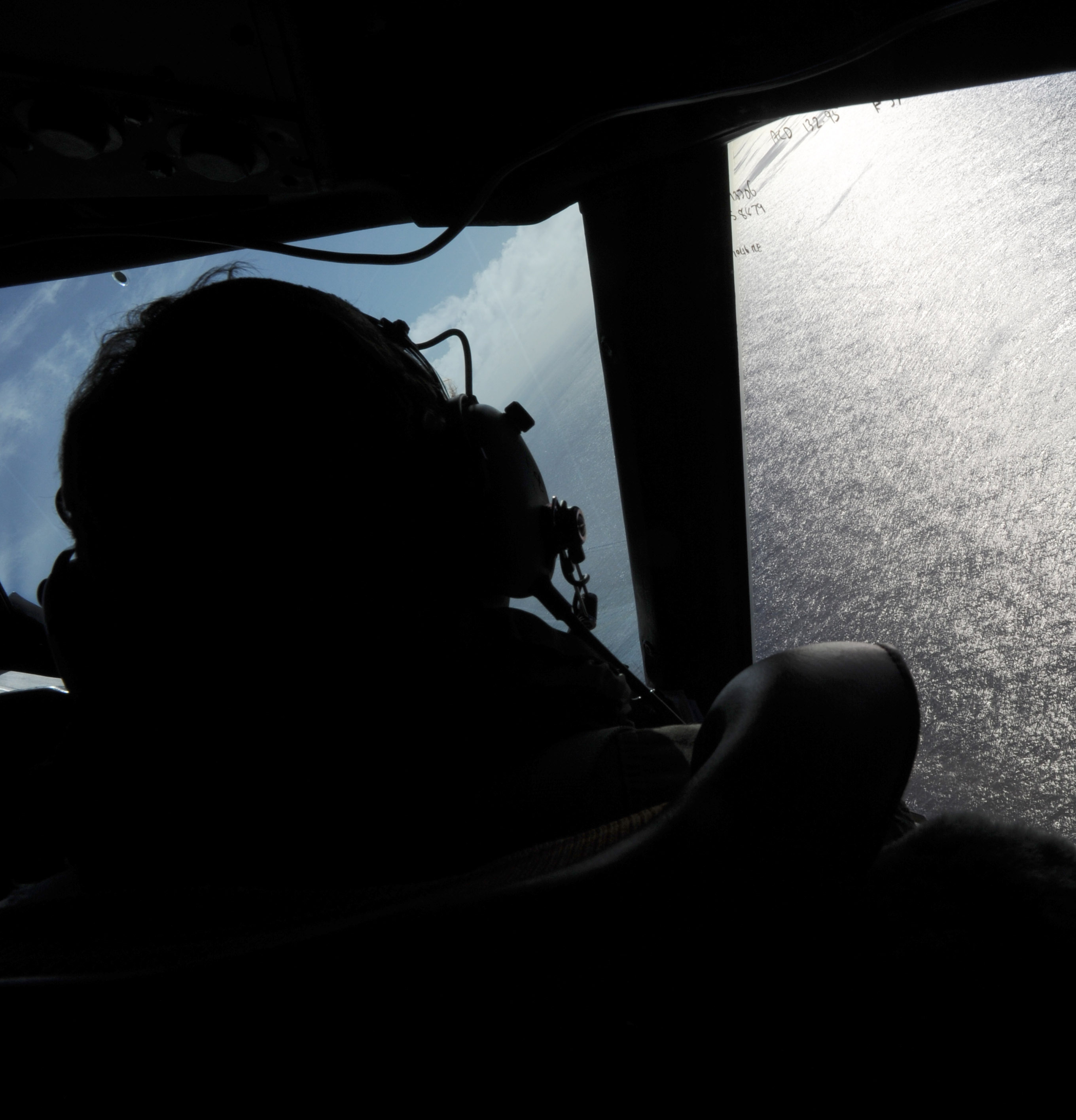
No plane, many discoveries in yearlong search for Flight 370
The yearlong search for Malaysia Airlines Flight 370 has turned up no sign of the plane, but that doesn’t mean it’s been unproductive. It has yielded lessons and discoveries that could benefit millions, including coastal Australians, air and sea travelers and scientists trying to understand ancient changes to the earth’s crust. While finding the plane remains the top priority for searchers and investigators, what they’re learning along the way may prove valuable long after the search ends.
These events are tragic, but they do help build cooperation and regional stability as militaries work together.
Capt. Chris Budde, maritime operations director for the U.S. Navy 7th Fleet
While the knowledge gained so far is of little comfort to family and friends of the 239 people still missing from the plane, which vanished last March 8 during a flight from Kuala Lumpur, Malaysia, to Beijing, benefits of the work so far include better tsunami prediction, new underwater maps, better plane tracking and improved multinational searches.
It’s more daunting than looking on Mars because there’s no light. So we’re in a completely unknown world in mountains that are the most rugged on earth. There’s no maps, so it’s all basic, pure exploration with a mission that not only are we exploring, but we’re also looking for an aircraft.
Dave Gallo, Director of special projects at Woods Hole Oceanographic Institution in Massachusetts

World MH370